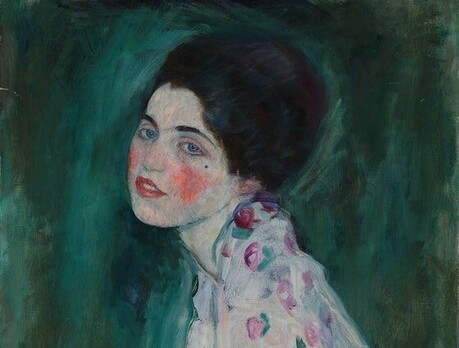The remarkable story of painter Alexander Creswell and his journey with Alzheimer's disease stands as a powerful testament to the enduring nature of human creativity. Despite facing the progressive challenges of memory loss, Creswell's artistic abilities have continued to flourish, offering profound insights into the relationship between art, memory, and the human spirit.
Creswell's experience challenges common assumptions about how Alzheimer's disease affects creative expression. While the condition gradually impacts memory and cognitive function, his case demonstrates that artistic talent can persist and even evolve in unexpected ways. This phenomenon has captured the attention of both the art world and medical community, sparking important conversations about creativity's resilience in the face of neurological challenges.
The painter's work during his battle with Alzheimer's has revealed fascinating aspects of how the brain processes and expresses creativity. Art therapists and neurologists studying his case have noted that while verbal communication may become increasingly difficult for Alzheimer's patients, visual and artistic expression often remains accessible for much longer periods. This suggests that creative pathways in the brain may be more protected from the disease's effects than previously understood.
Creswell's story also highlights the therapeutic value of maintaining artistic practice throughout the progression of Alzheimer's. His continued painting has not only provided him with a means of expression but has also served as a bridge to connect with family, friends, and caregivers. The emotional and communicative power of his artwork has proven that meaningful connections can persist even when traditional forms of communication become challenging.
This inspiring narrative ultimately reinforces the fundamental truth that art possesses a unique permanence that transcends the limitations of human memory. While Alzheimer's may affect recall and recognition, the creative spirit that drives artistic expression appears to draw from deeper wells of human experience, demonstrating that creativity can endure even when memories fade.






























